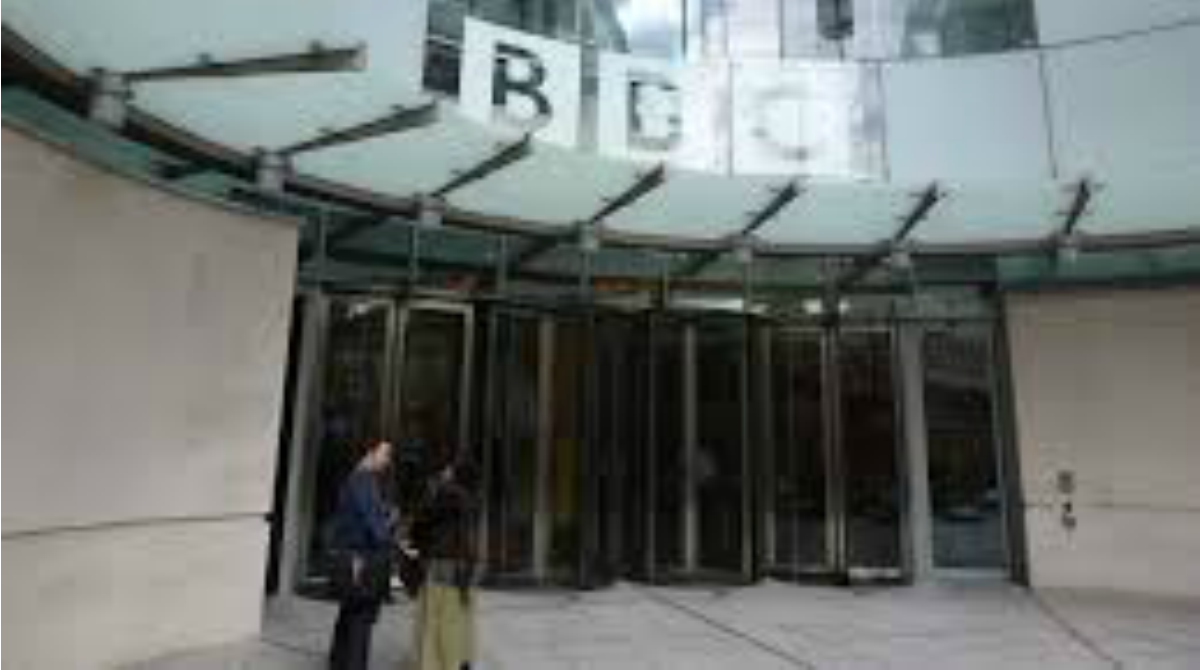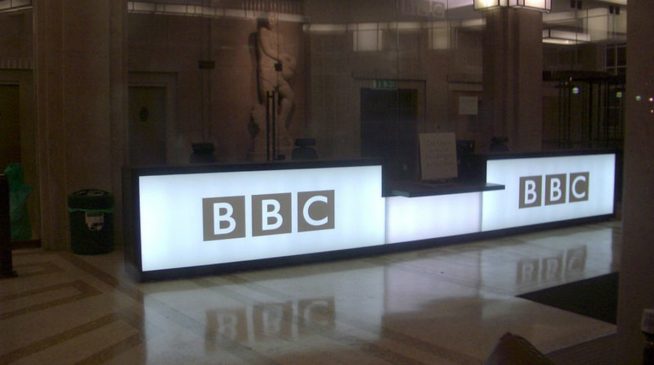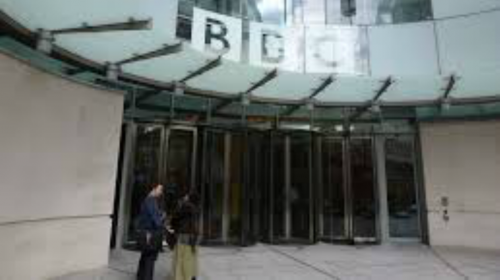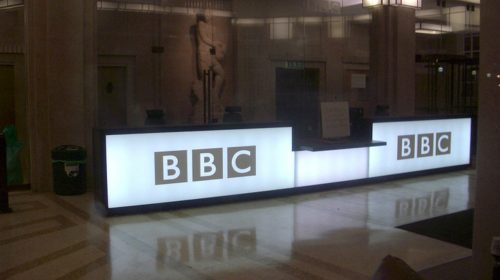In the moral maze with coronavirus
On BBC Radio’s Moral Maze this week, we discussed the moral dilemmas potentially involved in dealing with the coronavirus.
We are already seeing, in Britain and around the world, restrictions on activity of varying degrees of severity and with knock-on effects already becoming apparent in cancelled airline flights, conferences and sporting events. If a pandemic develops, what is the right balance to be struck between the necessity of saving lives and the need to protect our way of life?
Should we accept martial law, the isolation of towns and cities, closed schools, factories and offices and bans on public transport? Should we do everything we can to protect the most vulnerable, even if the resulting effect on the economy has the potential to cause suffering and death for many more people further down the line? Given that this disease is most dangerous for elderly people, should scarce health resources be directed at them or at younger people who are more likely to survive?
Our witnesses were Dr. Norman Lewis, managing director of the Futures Diagnosis consultancy; writer and ethicist Dr Julian Sheather; Dominic Wilkinson, professor of medical ethics at Oxford university; and Dr Tony Booth, head of the philosophy department at Sussex university. My fellow panellists were Giles Fraser, Michael Portillo and Matthew Taylor.
You can listen to the show here.




